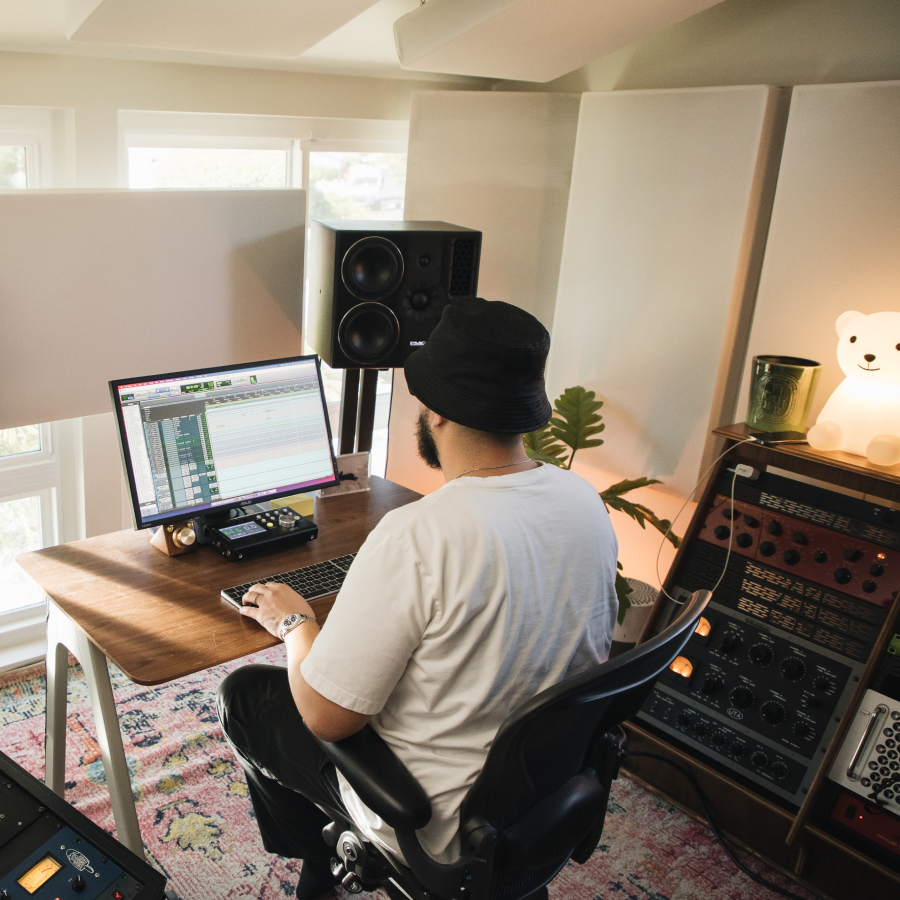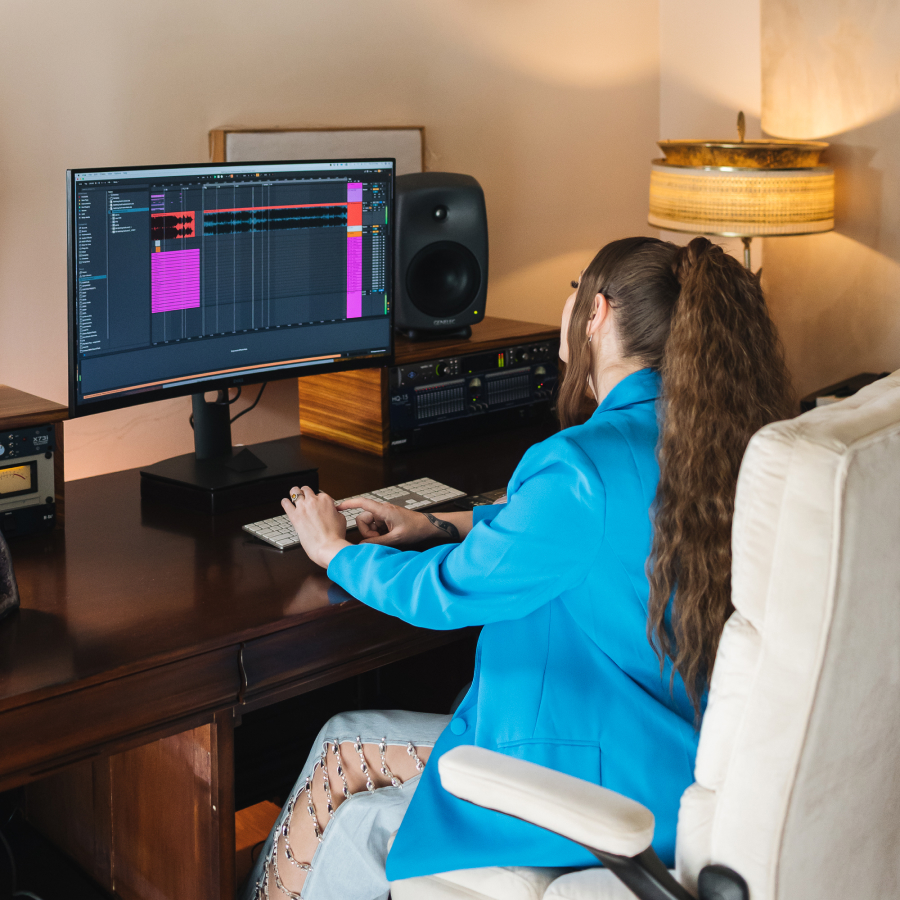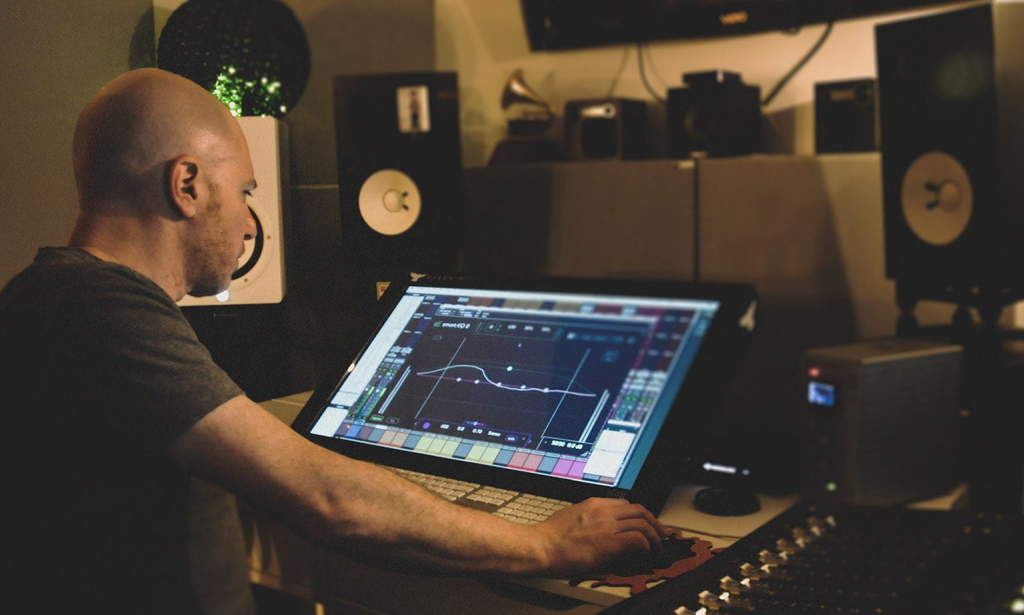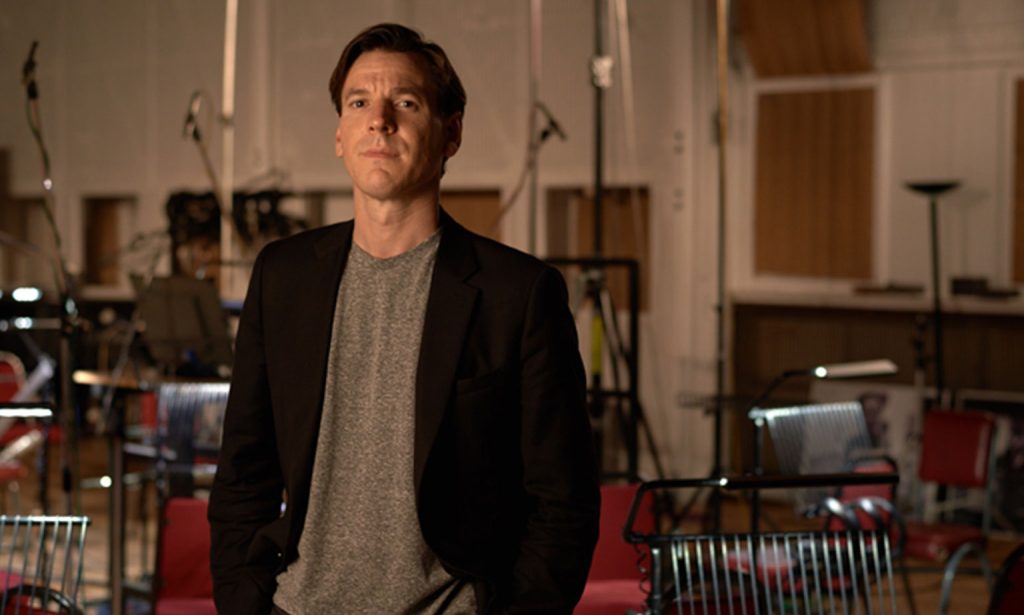Multi-platinum recording and mix engineer Bainz (Young Thug, Gunna, YSL, Machine Gun Kelly, Sia, Post Malone) is no stranger to the grind.
Graduating as a valedictorian from Full Sail University, Bainz has risen through the ranks of hip hop and trap and become known as Young Thug and YSL’s go-to mixer.
In this instalment of #TilYouMakeIt, Bainz tells the story behind the creation of the legendary compilation album ‘Slime Language 2’.
Stacked to the brim with all-star collaborators and faced with the pressure of extremely tight deadlines, he reveals his strategy for coordinating with the vocal engineers for each featured rapper and piecing together the final record just hours before its scheduled release.
WATCH THE FULL VIDEO
TRANSCRIPT
“Right up until the last second we were like ‘oh, the song with Drake got approved an hour ago, Thug wants him on the album mix it in like 30 minutes and send it to mastering.’ That kind of pressure!
Slime Language 2 was, it was crazy, Thug was like ‘we’re going to Atlanta to work on this compilation album’. He wanted every artists on the label to be on it. And it was crazy.
It was like a performance every day. We did it between LA and Atlanta. But there were so many artists in and out, the biggest challenge of that record was because there’s so many artists, everyone had their own different vocal tone.
It was cool because we there was a group of us engineers, but I had to like oversee putting it all together and I wasn’t just tracking it. I was mixing the whole thing or deciding like ‘Okay, cool: This person can mix this song, but I was delivering the whole project. It was a lot of experience really quick. Songs kept coming on till the last minute I delivered the last song like three hours before the album came out.
Just the excitement in the air those days was just amazing. It really felt like I was a part of like something cool.”



